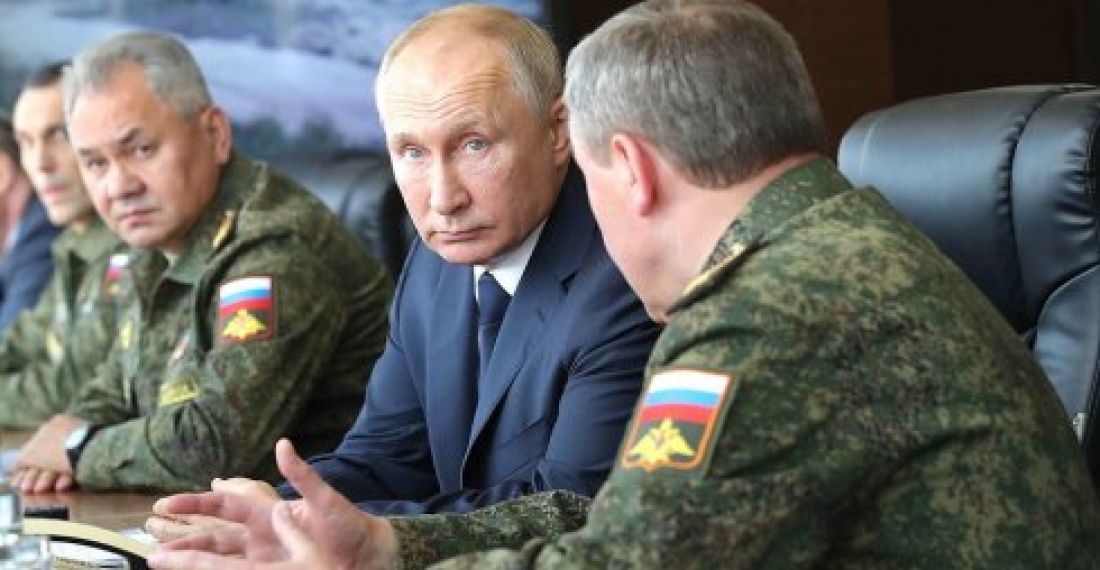The Russian leader, Vladimir Putin has said that he is very worried about the situation in the Caucasus between Armenia and Azerbaijan. He was speaking in an interview on Russia 24 TV channel
"This is a tragedy. We are very worried because Azerbaijan, Armenia and Nagorno-Karabakh are all territories where people are not strangers to us", the Russian broacaster RT quoted the president as saying.
He noted that about 2 million Azerbaijanis and more than 2 million Armenians live in Russia.
"A huge number of Russian citizens maintain close, friendly and even family relations with both republics. Of course, this is a huge tragedy, people are dying, heavy losses on both sides. We hope that this conflict will be ended in the very near future. But if it is not completely exhausted, apparently, this is still a long way off, in any case we call, and I want to say this again, we call for a ceasefire. And this should be done as soon as possible, "Putin added.
He reminded that Armenia is a member of the CSTO.
"We have certain obligations to Armenia under this agreement. But the hostilities, to our great regret, they continue to this day, they are not being conducted on the territory of Armenia. As for the fulfillment by Russia of its contractual obligations under this agreement, we have always fulfilled, we are fulfilling and will continue to fulfill our obligations, "he stressed.
Russia's position is that its obligations towards Armenia do not include military activity in the Nagorno-Karabakh conflict zone, which internationally are recognised as being legally part of Azerbaijan.
Wednesday (7 October) is also the birthday of the Russian leader. Among those phoning their congratulations was the Azerbaijani president Ilham Aliyev. This was the first time the two president spoke since the conflict escalated on 27 September. A readout of the telephone conversation from the Azerbaijani side gave little information but mentioned that the situation was discussed.
source: commonspace.eu with RT (Moscow), the press service of the president of Russia and agencies
photo: Vladimir Putin with military officials (archive picture)






